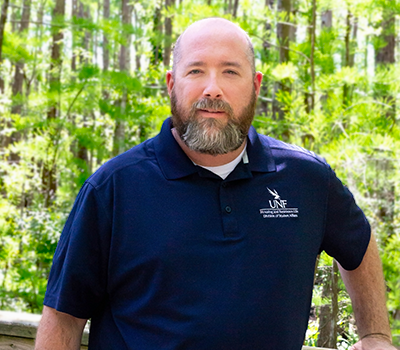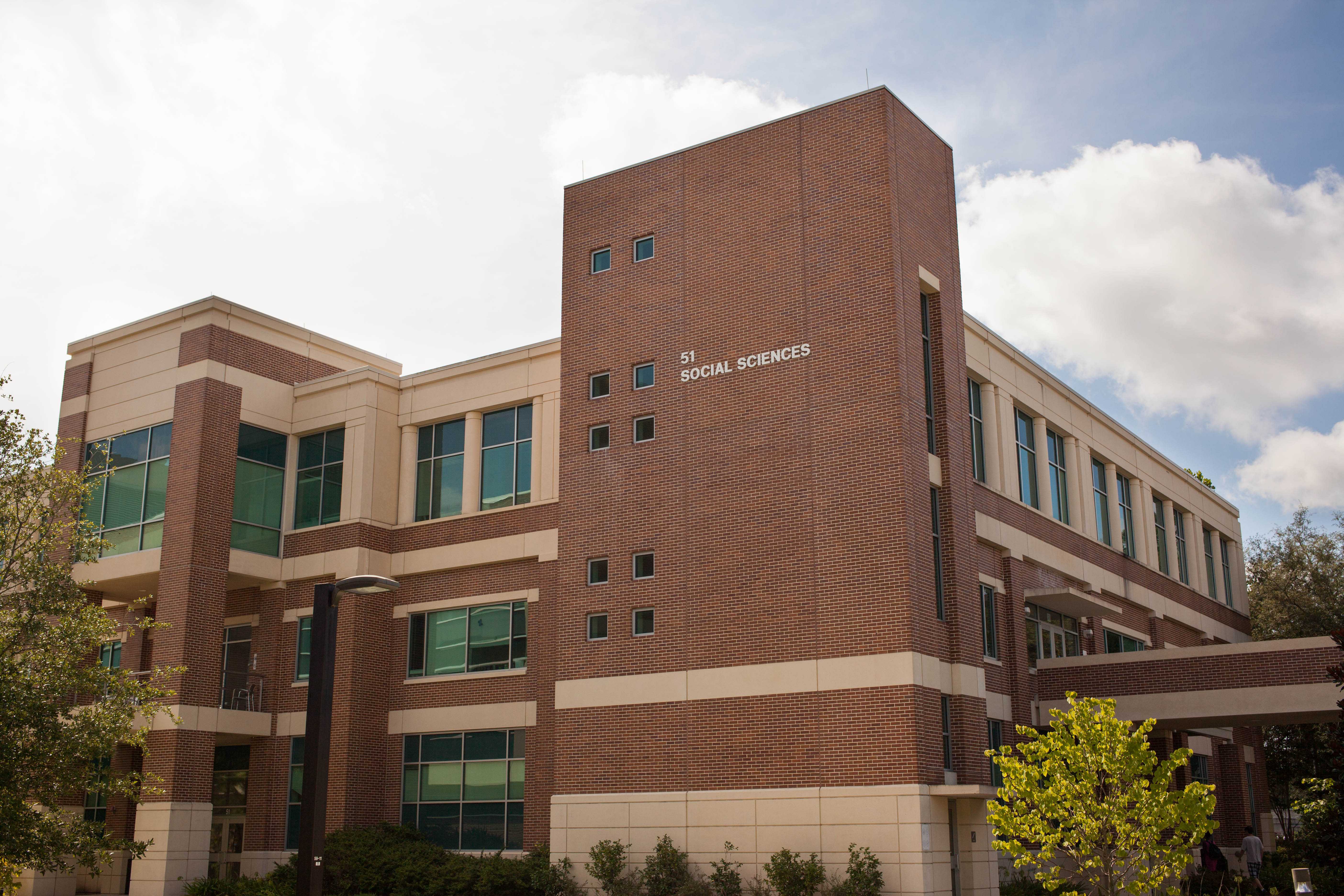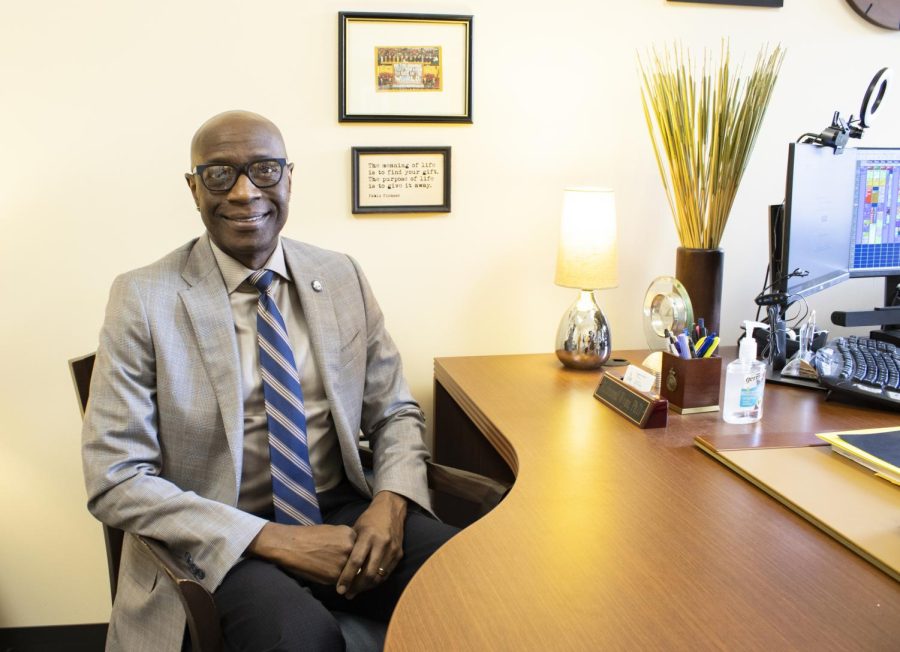UNF Housing Director responds to claims of mold in dorms
November 5, 2021
Living in Florida demands a constant battle with the elements, including mold. The most recent Student Government survey asked students to report on-campus issues. As a result, several students reported health concerns, due to mold issues in housing. Spinnaker met with Senior Housing Director Robert Boyle to discuss the reported mold issues.
Director Boyle believes students may be misidentifying mold. Instead, the assumed mold might be minor leaks from condensation in pipes or other similar issues.

“Heat, humidity, lack of fresh air, lack of (at times) UV rays kind of turn an environment into an area where mold or other things can grow. There’s certainly some noise out there right now from certain pockets of residents that there’s a widespread mold problem. There’s not,” said Boyle.
Old buildings on campus are more susceptible to issues such as mold, but these issues can be prevented and fixed. Director Boyle wants students to report all housing issues, including the possibility of mold. Maintenance should be utilized by students, since the service is easily accessible and included in the housing fee.
“If a student or a family thinks a room has a problem of any kind, including air quality or mold, or what they perceive to be mold, we would want them to tell us because we want to come running to take a look at it,” said Boyle.
The close proximity of students living near each other may be the source of health issues, with the approach of cold and flu season. Another cause of health issues may be a lack in understanding on how to use the thermostats in individual rooms. Misuse of the thermostats can create an unhealthy, humid environment.
Tips on maintaining a healthy environment:
- Wash hands and wear a mask indoors as much as possible.
- Eat and sleep a healthy amount.
- Do not leave windows or doors open for long periods of time.
- Keep the air conditioning circulating and do not block vents. The air conditioning can be turned off occasionally, but the lack of circulation will lead to a stagnant, humid environment.
- Learn how to adjust the thermostat. For specific concerns, contact housing.
- Dehumidifiers can be requested from maintenance if a room has excess humidity.
- Let in natural light. This will prevent mold growth and other health issues.
- Take the trash out.
- Do not open the panels for the air conditioning units. Instead, ask maintenance to check for issues.
- Telling the RA may slow down the process. Instead, contact housing directly.
- To prevent issues with mold, make sure the mold does not grow.
- If a room is causing health issues, request a room change.
According to the Centers for Disease Control and Prevention (CDC), exposure to mold could cause or increase health issues. People with asthma or allergies to mold are more likely to have severe reactions. Mold should be removed regardless of the type. The United States Environmental Protection Agency (EPA) states:
“Mold exposure can irritate the eyes, skin, nose, throat, and lungs of both mold-allergic and non-allergic people.”
Mold exposure also increases irritation and potentially leads to cold symptoms.
Spinnaker reached out for a photo of mold in the dorms, but have yet to receive any. If you are having a problem with mold, please email [email protected].
Students should contact housing or file a maintenance request if there are any issues or health concerns based on room condition. Director Boyle can be contacted at [email protected] and housing can be contacted here.
___
For more information or news tips, or if you see an error in this story or have any compliments or concerns, contact [email protected].























